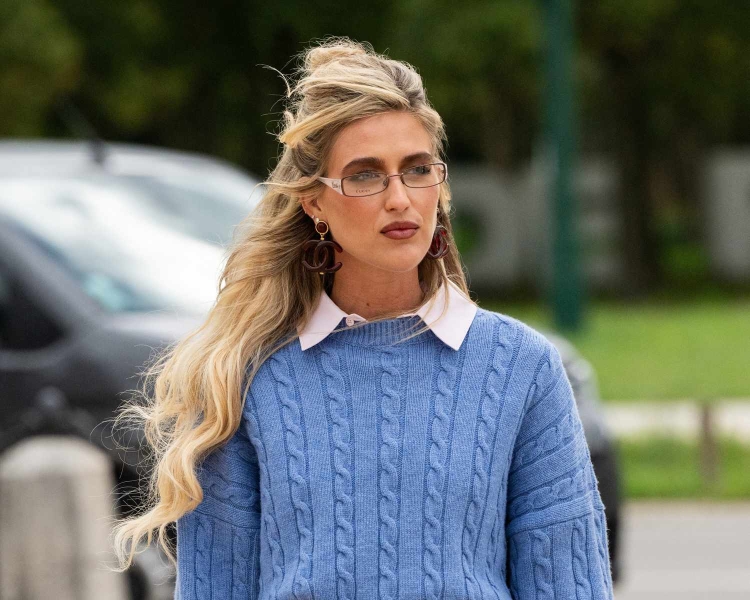Contents
There are no shortage of hair oils, serums, shampoos, and even supplements that promise faster hair growth and stronger strands. But getting longer hair may be simpler than you’d imagine, as new research shows there are science-backed benefits to a compound many of us already know and love: caffeine. Although caffeine is best known for its presence in coffee, it can also deliver powerful benefits to your scalp and hair health. “Almost all humans experience hair thinning as we age, and caffeine could help counteract this thinning,” says Gary Linkov, MD, a plastic surgeon who specializes in hair restoration.
Meet the expert
- Gary Linkov, MD is a NYC-based double board-certified facial plastic surgeon, hair-restoration expert, and founder of Feel Confident.
- Penny James is certified trichologist and owner of the Penny James Trichology Center.
The stimulant has emerged as a popular ingredient in skin care in recent years, and now it’s showing up in hair-care products. Besides delivering a healthy dose of antioxidants, it can stimulate blood flow and interact with hormones involved in hair loss. Read on for expert insights on why caffeine is so beneficial to hair health and how to use it in your daily routine.
Benefits
Caffeine can support hair growth via a few different mechanisms. As a stimulant, it increases blood flow to the scalp. "That in turn can lead to an increase of growth factors and nutrients (like oxygen) being recruited to the hair follicle and kicking the growth cycle into gear," says Dr. Linkov. Caffeine also has powerful antioxidant properties. "It helps protect cells against UV radiation and slows down the process of photoaging the skin," says trichologist Penny James.
Recent research suggests it may also suppress dihydrotestosterone, or DHT, the hormone responsible for the most common form of hair loss in men and women, Dr. Linkov says.
In one study done on men, a topical solution with 0.2% caffeine was shown to increase the number of hairs in the anagen phase (or growth phase) nearly as much as minoxidil, the most well-known over-the-counter hair-loss medication.
That said, reaping these benefits is not as simple as having your morning coffee.
Topical Application vs. Consuming Caffeine
Both James and Linkov agree that where hair-growth benefits are concerned, caffeine is better applied than consumed. When consumed, caffeine has to go through the digestive system first, Dr. Linkov explains. When it’s applied topically, it can reach hair follicles directly. “Though some caffeine from your coffee will certainly make its way to the hair follicles on your scalp, you’ll likely see more robust results using a topical, targeted product,” Dr. Linkov says.

How to use caffeine for hair growth.
Caffeine can be found in many shampoos, scalp serums, and oils geared toward hair growth. And though caffeine may help support hair growth on its own, it can also be used in conjunction with prescription medicine, Dr. Linkov says.
Like any other treatment, it won't work if you don't try it. "It’s important with hair support to be consistent in order to see results," Dr. Linkov says.
The Takeaway
When applied topically, caffeine can help support hair growth. That said, severe hair loss is best addressed with the help of a professional. “While caffeine is a great ingredient for supporting hair growth, it is not a replacement for hair-loss medication or treatment,” Dr. Linkov says. “It’s not as powerful as a prescription medication and is not meant to replace one–especially if you are treating advanced androgenic alopecia.”

